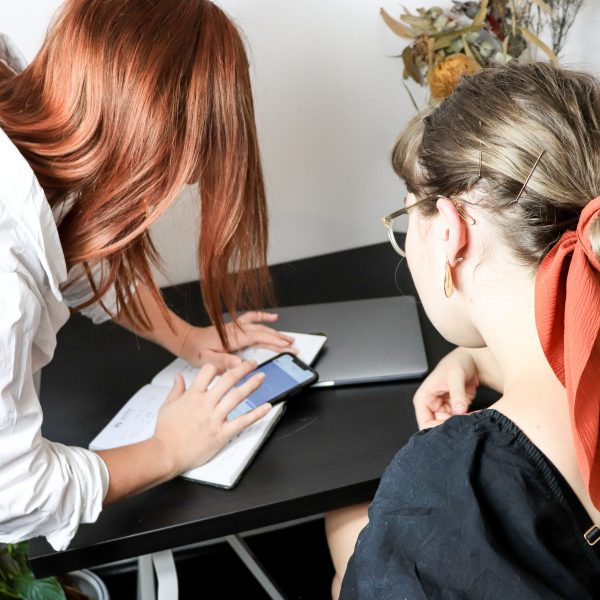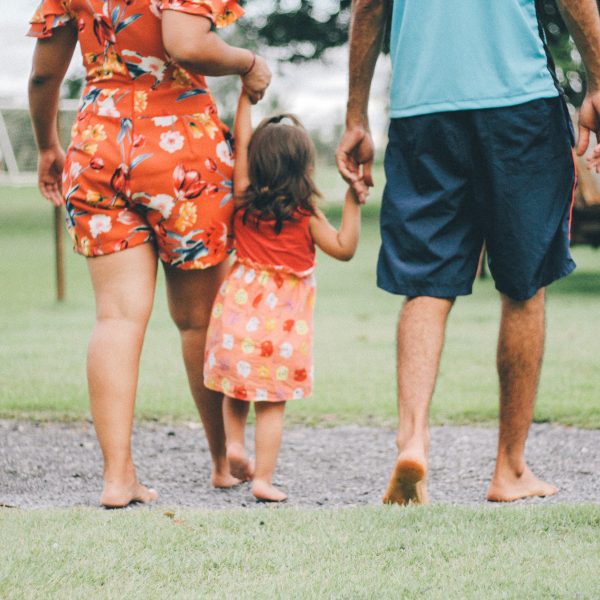“How are the children?” One powerful question to ask in early childhood education

The Masai tribes of Africa use the traditional greeting “Kasserian Ingera,” which translates to “And how are the children?” This greeting demonstrates the emphasis Masai warriors place on the wellbeing of the children in their tribe.
As early childhood educators and educational researchers we too have a responsibility to protect and respect the children of our tribes. The Masai tribes know there are times where they are faced with challenges that preclude them from caring for their young, just as early childhood educators face barriers that prevent them from educating children in ways that best support their growth, development, and learning.
The recent AARE conference on Monday 29 November allowed three early childhood researchers to reimagine ways of thinking and working in complex and uncertain times to support the learning and welfare of children. Claire McLachlan, Deborah Pino-Pasternak, and Dimity Franks reminded us of the importance of keeping children at the forefront of early childhood education research. Although focusing on different aspects of child development and learning, all highlighted the importance of planning to support children in the early years of school.
Early childhood is a time for learning, a time for discovery and wonder. It lays the foundation for who we become in the future. So how do we prepare children for what is ahead, without quashing their curiosity and enthusiasm for learning?
Sustained shared thinking
Professor Claire McLachlan is a collaborator of the ‘Data, Knowledge, Action’ project which explored the use of sustained shared thinking (SST) to deepen young children’s learning in play-based and child-centred ways. Sustained shared thinking is defined as:
An episode in which two or more individuals work together in an intellectual way to solve a problem, clarify a concept, evaluate activities, extend a narrative etc. Both parties must contribute to the thinking and it must develop and extend (Siraj-Blatchford et al., 2002)
Initial inquires found this type of interaction to make up a very small proportion of the teacher-child interactions that occurred each day at the two kindergarten centres in the study. Once the kindergarten teachers became more confident with using skills to develop SST interactions, they found it powerful in building a comprehensive picture about a child’s learning. Teaching teams observed that the more they knew about children, and the better connected they were with them, the better able they were to adjust and differentiate strategies across a range of diverse learners. When teachers work toward these shared sustained thinking interactions with intentionality and purpose, there is strong potential for all children to benefit.
Transition to school
Starting big school can be a daunting time for children. Associate Professor, Deborah Pino-Pasternak shared her insights into how to support children in their transition to school to set them up for success. The key, she claims, is the association between the home environment, parenting, and self-regulation. Home environment considered the amount of shared activity in the home and levels of chaos, while parenting behaviours included closeness, conflict, autonomy support and control. Children’s abilities to regulate their cognition, motivation, emotions, and pro-social behaviours were reported by classroom teachers.
Home environments and parenting styles that encouraged autonomy and less negativity and control, were found to be conducive to the development of social and cognitive regulation. Children with high levels of self-regulation were identified as having positive academic outcomes.
Parents who were closer to their children were more likely to provide greater opportunities for autonomy support and less likely to exert control and engage in conflict (Deborah Pino-Pasternak)
Ultimately, home environments make a significant contribution to the development of self-regulation in early childhood. It is important therefore for teachers to work with families to support children’s transition to school as this could be instrumental to their later success.
Developing self-efficacy in the early years
Self-efficacy is a key aspect of social and emotional learning that is central to developing the confidence, resilience and independence required to be a successful learner. Dimity Franks spoke about the importance of teaching skills in self-efficacy in the early years of school to support children’s learning and wellbeing. Rather than measuring ability, self-efficacy explores one’s perception of their ability to achieve something ie whether they think they can complete something successfully or not. It is the difference between children who jump in and commence a task quickly, and those that say, “I can’t do that”.
One teacher in the study commented,
People underestimate its importance. There is a lot of anxiety among children at the moment, so what could be more important than teaching them to believe in themselves? (Tamara, teacher)
Of most significance in this presentation was the finding that the main source of self-efficacy for children in the early years of school is their physiological and emotional states, such as mood, and levels of stress, anxiety, and fatigue. Previous research into self-efficacy that relates to secondary and tertiary students found mastery experience to be the key source of self-efficacy.
These three presentations remind us that early childhood is a special and unique stage of development and should be valued as such. It is important for teachers to use age-appropriate pedagogies and practices to guide the learning of young children. Families too play an important role in setting up future leaders for a successful start in life. Parents, teachers, researchers, and the early childhood community should continue to work together and ask the question “And how are the children?”
Dimity Franks is a Lecturer in Early Childhood at the School of Education at Edith Cowan University.
This article is based around a presentation from the Early Childhood SIG at #AARE2021 with Deborah Pino-Pasternak, Claire McLachlan and Dimity Franks and was originally published on EduResearch Matters. Read the original article.
Popular

Quality
Practice
Provider
Research
Workforce
Honouring the quiet magic of early childhood
2025-07-11 09:15:00
by Fiona Alston

Workforce
Policy
Quality
Practice
Provider
Research
The silent oath: Why child protection is personal for every educator
2025-07-17 09:00:31
by Fiona Alston

Practice
Provider
Quality
Research
Embedding cultural safety and responsiveness to strengthen belonging in early childhood education
2025-07-14 13:21:23
by Contributed Content











